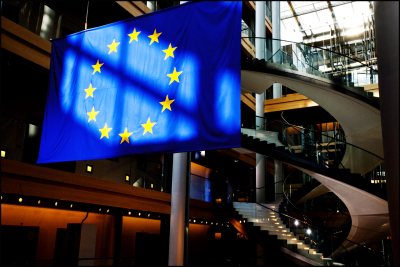Today, February 1st, the new code of conduct for Commissioners comes into force.
The new code of conduct is seen as a direct reply by the Commission to the scandals of former Commission President Barroso’s move to Goldman Sachs and former Commissioner Kroes’ link to the Bahamas Leaks.
In an article published last September, Transparency International EU made an overview of the changes brought by the new code. The most noteworthy change in the new code of conduct, is the slight increase in the cooling off periods: from 18 to 24 months for Commissioners and 36 months for the President.
This is a small step in the right direction, although both the European Parliament and Transparency International EU recommended a minimum cooling off period of 36 months for the entire college, so as to bring it in line with best practice nationally and in other EU institutions.[1]
More importantly however, the Code fails to solve the issue of total lack of independent oversight. Any ethics violations by either a former or current Commissioner are ultimately dealt with by the current college of Commissioners. In other words, current commissioners judge on potential ethic breaches by their own colleagues or predecessors.
As shown in our revolving door report, Transparency International EU deems that in order to achieve a strong ethics regime, it is vital the existence of a truly independent ethical committee with decision making powers. In the long run, Transparency International EU advocates for an independent ethics body overseeing revolving door issues in the Commission and Parliament and possibly ethics around lobbying and conflicts of interest around the EU institutions more generally. Similar institutions already exist in Canada and France.
[1] French officials are subject to a three year cooling off period, during which all public officials, members of government and key local authorities are banned from working for organisations, which they were previously responsible for in terms of surveillance or control activities. Former members of the European Court of Justice (ECJ) are prohibited from representing clients or other parties before the Court for a three-year period.






